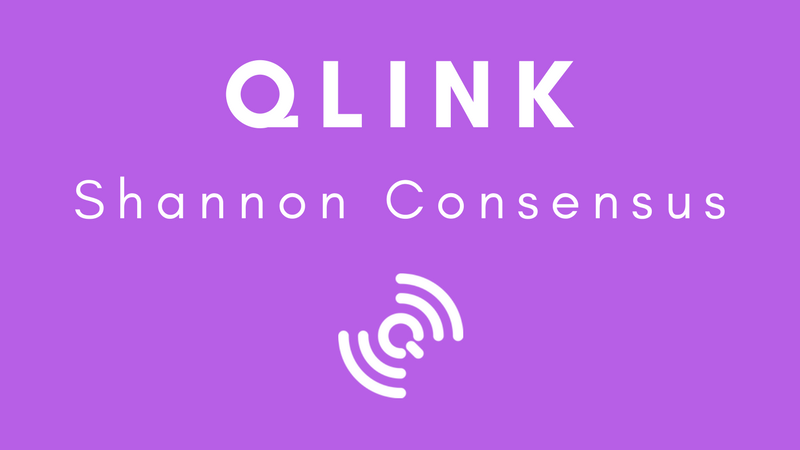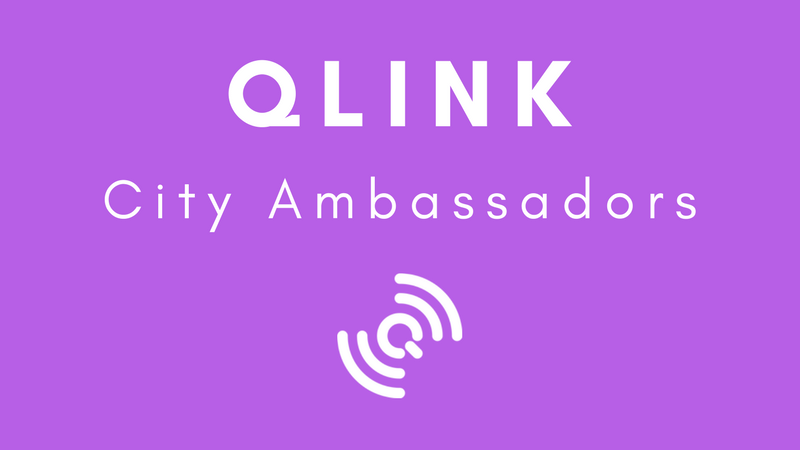
On March 1st, 2018, Qlink announced they will be using the Shannon consensus algorithm on their blockchain. Susan Zhou, COO and co-founder of Qlink made the announcement during a talk at the CPC Cryptocurrency and Exchange Conference at Stanford Faculty Club. Qlink will employ a dual blockchain architecture, utilising the NEO blockchain for the registration of digital assets, and the Qlink chain for billing and transaction records.
On March 19th, Qlink published further details on the Shannon consensus algorithm, named after Claude Shannon, the “Father of Information Theory.” The Shannon consensus is delegated for network transactions, and on average 80% of the jobs for network transmissions will be done by 20% of the nodes. This algorithm improves the Proof of Work consensus by separating the working nodes from the ledger nodes, and encourages more inactive nodes to participate.
The “rich” working nodes will only be used for transmissions, while the nodes with less work, called “middle-class” nodes, will be dedicated to book keeping. Rich nodes have more tokens and more stake in consensus than the middle class nodes. The rich nodes will be rewarded by handling the transmission tasks, however, they are asked to share the rewards with the “middle class” who manage the ledger. This enables a more reasonable profit sharing plan and creates a fairer ecosystem. The token is the key instrument in allowing nodes to play a role in the QLC network. If the transmitting nodes do not posses QLC tokens or there is no transmission, nothing will be registered on the ledger.
The consensus uses unique proof mechanisms, called Proof of Transmission, Proof of Spacetime and Proof of Retrievability so that the actual work will be based on the effective workload of transmission. The process is the cooperation between multiple nodes rather than a single node, and cooperative nodes acting together will make the network more secure and trustable.
Qlink is looking for a qualified candidate to help validate the consensus. Their ideal candidate will have skill and experience in mathematics or physics, be able to validate the Shannon consensus and provide constructive improvements in safety and logic. Qlink requires the candidate to have good communication, English academic writing skills, and be able to stay fulltime for at least 6 months. If you are a potential candidate, or know someone that can help, you can get in touch with the Qlink team at susan.zhou@qlink.mobi.
To learn more about Qlink you can visit their website.
To connect and join the Qlink communities you can visit their Twitter, Telegram, Reddit, or YouTube.







About The Author: Dean Jeffs
Dean is a digital project manager who has worked extensively with start ups and agencies in the marketing space. Fascinated by the potential applications of blockchain technology, Dean has a passion for realising the new smart economy.
More posts by Dean Jeffs